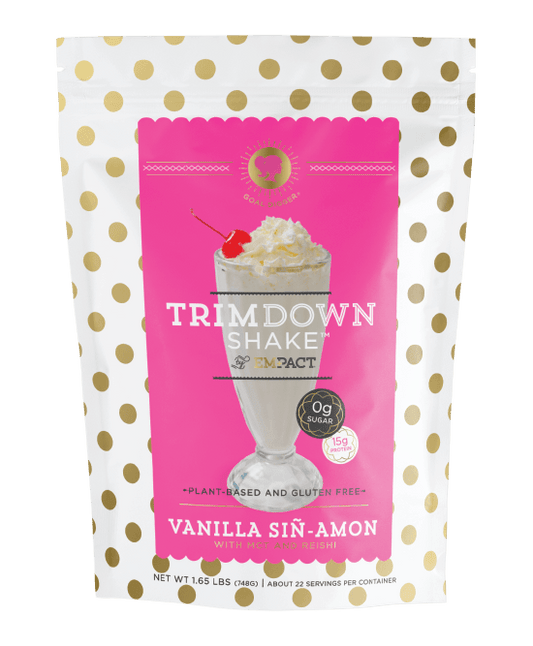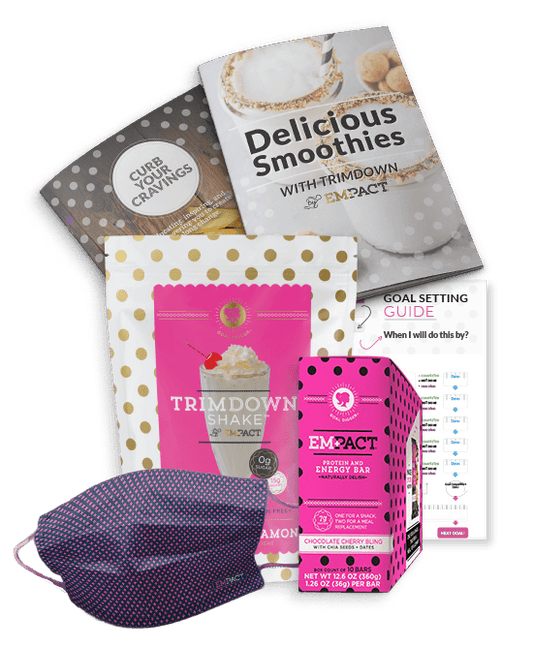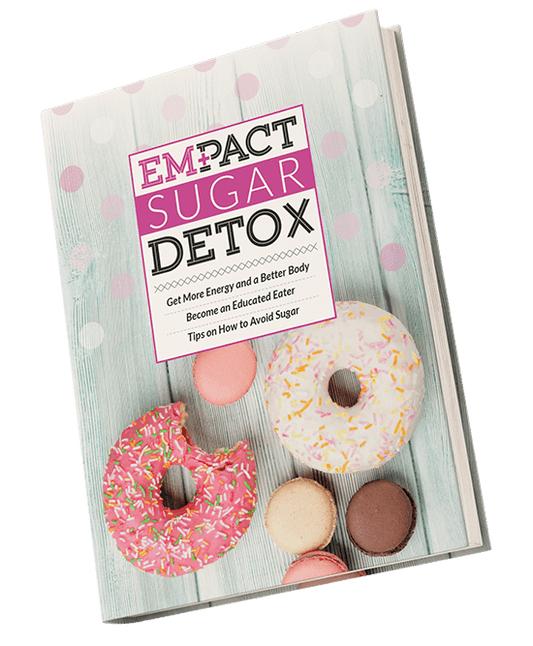Sugar is a staple in many people's diets, and it's a common ingredient in many processed foods, desserts, and drinks. But not all sugar is created equal.
There are two main types of sugar: natural and refined. Understanding the difference between natural and refined sugar can help you make more informed choices about the foods you eat, and improve your overall health.
Natural Sugar
Natural sugar is sugar that is found in its natural form in foods like fruit, vegetables, and dairy products. It is not processed or refined in any way, and it often contains other nutrients, such as vitamins, minerals, and fiber.
Fruit, for example, contains fructose, a natural sugar that is found in the fruit's juice and flesh. This sugar is often accompanied by other important nutrients, like vitamins, minerals, and fiber. In addition, the sugar in fruit is released slowly into the bloodstream, thanks to the fiber and other nutrients that are present. This slow release helps regulate blood sugar levels, reducing the risk of spikes and crashes that can lead to feelings of hunger and fatigue.

Vegetables, such as beets and sweet potatoes, also contain natural sugar. These foods are often lower in sugar than fruits, and they provide important nutrients, like vitamins, minerals, and fiber, that are essential for good health. Dairy products, such as milk and yogurt, also contain natural sugar in the form of lactose.
Refined Sugar
Refined sugar, on the other hand, is sugar that has been processed to remove all impurities, including fiber and other nutrients. This sugar is often added to processed foods and drinks to sweeten them and improve their taste. Refined sugar is also used to make baked goods and desserts, such as cakes, cookies, and candy.

Refined sugar is a simple carbohydrate, which means that it is quickly absorbed into the bloodstream. This rapid absorption can cause blood sugar levels to spike, leading to feelings of hunger, fatigue, and irritability. In addition, refined sugar provides no real nutritional value, and it can even have a negative impact on health.
One of the biggest problems with refined sugar is that it can increase the risk of obesity, type 2 diabetes, and other chronic diseases. This is because refined sugar is high in calories and low in fiber and other important nutrients. Eating too much refined sugar can also lead to weight gain, as it can increase the amount of fat stored in the body.
Another problem with refined sugar is that it can trigger an addiction-like response in the brain. This can lead to cravings and the desire to eat more sugary foods, even when you are not hungry. This can make it difficult to control your sugar intake, and it can lead to overeating and weight gain.
Making Healthier Choices
The best way to enjoy the sweetness of sugar without the negative health effects is to opt for natural sources, such as fruits, vegetables, and dairy products. Doing so will not only provide you with the sweetness you crave, but also with essential vitamins, minerals, and fiber. In fact, according to a study published in the journal, Nutrients, natural sugar sources can benefit your health1. So, why not give it a try?
If you are looking for a sweet treat, consider making your own desserts or baked goods using natural sweeteners like honey, maple syrup, or molasses. These sweeteners are made from natural sources and contain some important nutrients, like vitamins and minerals, that are not found in refined sugar.
In addition, be sure to read food labels carefully and limit your intake of processed foods and drinks that contain added sugars. Many of these foods and drinks contain high amounts of refined sugar, which can have a negative impact
References
[1] Cao, H., Zhang, Y., Liu, K., Zhang, Y., Wang, X., & Sun, J. (2020). Natural Sugar Sources, Health Benefits and Nutritional Quality. Nutrients, 12(4), 1047.
https://www.mdpi.com/2072-6643/12/4/1047








